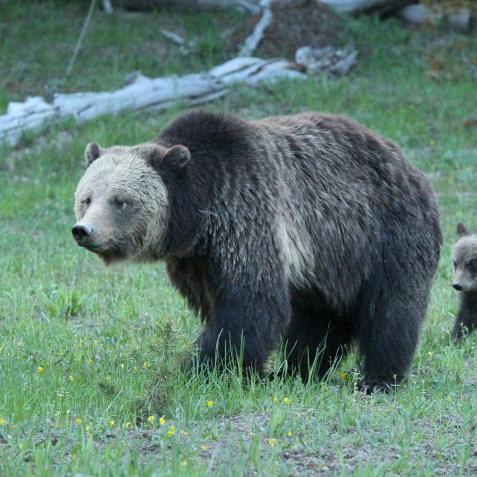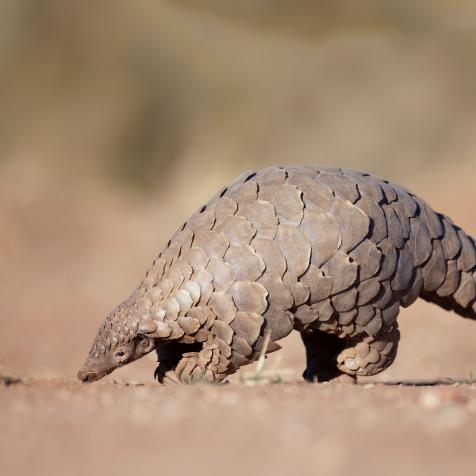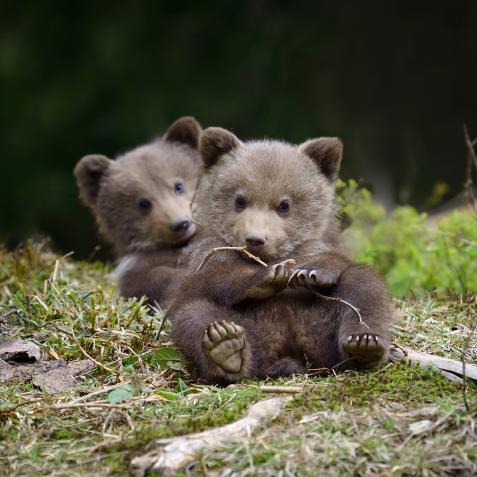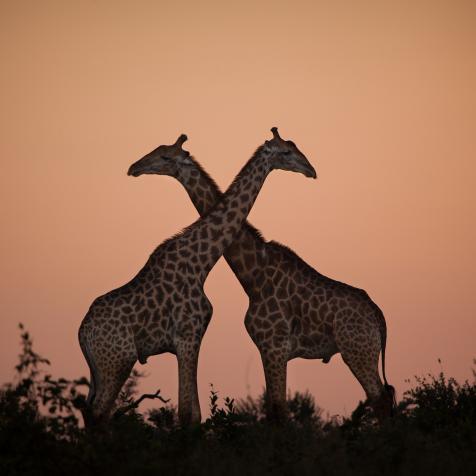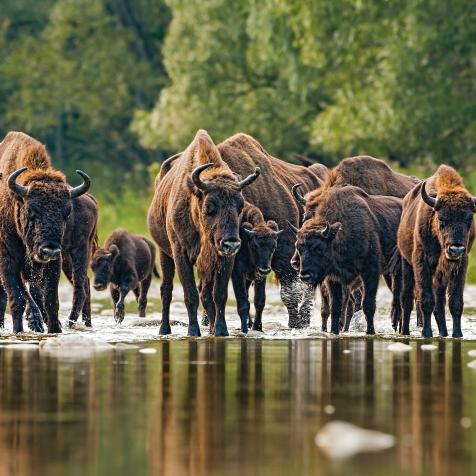
Craig Sellars
Giant Pandas are No Longer Endangered
After decades of work trying to save the giant panda, Chinese officials have announced the species is no longer endangered.
The pandas will be reclassified in the country from endangered to vulnerable after efforts to boost the population saw numbers rise to 1,800 in the wild.
"China has established a relatively complete nature reserves system," Cui Shuhong, director of the Department of Natural Ecological Protection of the Ministry of Ecology and Environment, said at a press conference on Wednesday.
"Large areas of natural ecosystems have been systematically and completely protected, and wildlife habitats have been effectively improved."
Although they were removed from the endangered list by the International Union for Conservation of Nature (IUCN) in 2016, the decision was not seconded by Chinese officials, who opted to keep considering the animal as under threat.

Buena Vista Images
Two giant pandas resting together.
China considers pandas as a national treasure, but the country has also loaned them to other nations, a form of diplomacy that dates back to the 1950s. In August of this year, a giant panda on loan to France gave birth to female twin cubs. Huan Huan, who is staying at the Beauval Zoo in the south of Paris, became pregnant as a result of breeding efforts that started back in March.
The latest classification upgrade "reflects their improved living conditions and China's efforts in keeping their habitats integrated," Shuhong added.
Bamboo makes up 90% of pandas’ diets, and the animals would likely starve without the shoots. Experts believe China’s efforts to replant bamboo forests have been key to the success of the pandas’ resurgence.
The bears were once widespread throughout southern and eastern China, but due to expanding human populations and urban development, are now confined to areas that have bamboo forests.
Pandas have to eat at least 26 lbs of bamboo every day to maintain their energy, and so ensuring large swathes of bamboo forests are available is paramount to their survival.
"The Chinese have done a great job in investing in panda habitats, expanding and setting up new reserves," Ginette Hemley, senior vice president of conservation at the World Wildlife Fund, told the BBC.

Karl Hipolito
Bamboo forest
"They are a wonderful example of what can happen when a government is committed to conservation.”
Planting bamboo also has advantages for the planet, as the shrub is a grass, not a tree, and is incredibly efficient at absorbing carbon dioxide, as well as emitting 35% more oxygen than trees.
Continuing China’s success will be dependent on the country protecting land from agricultural and urban development. As land becomes more scarce, measures will need to be extended to protect more land, to ensure bamboo forests can thrive–and as a result, secure the future of the world’s most loveable, and lazy, monochrome creature.









